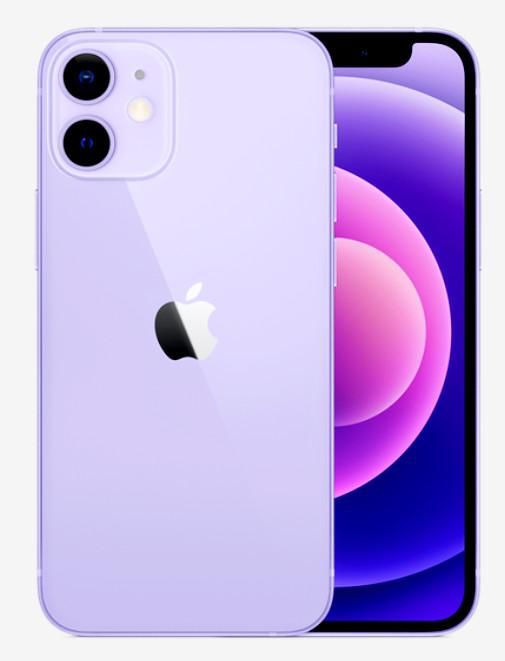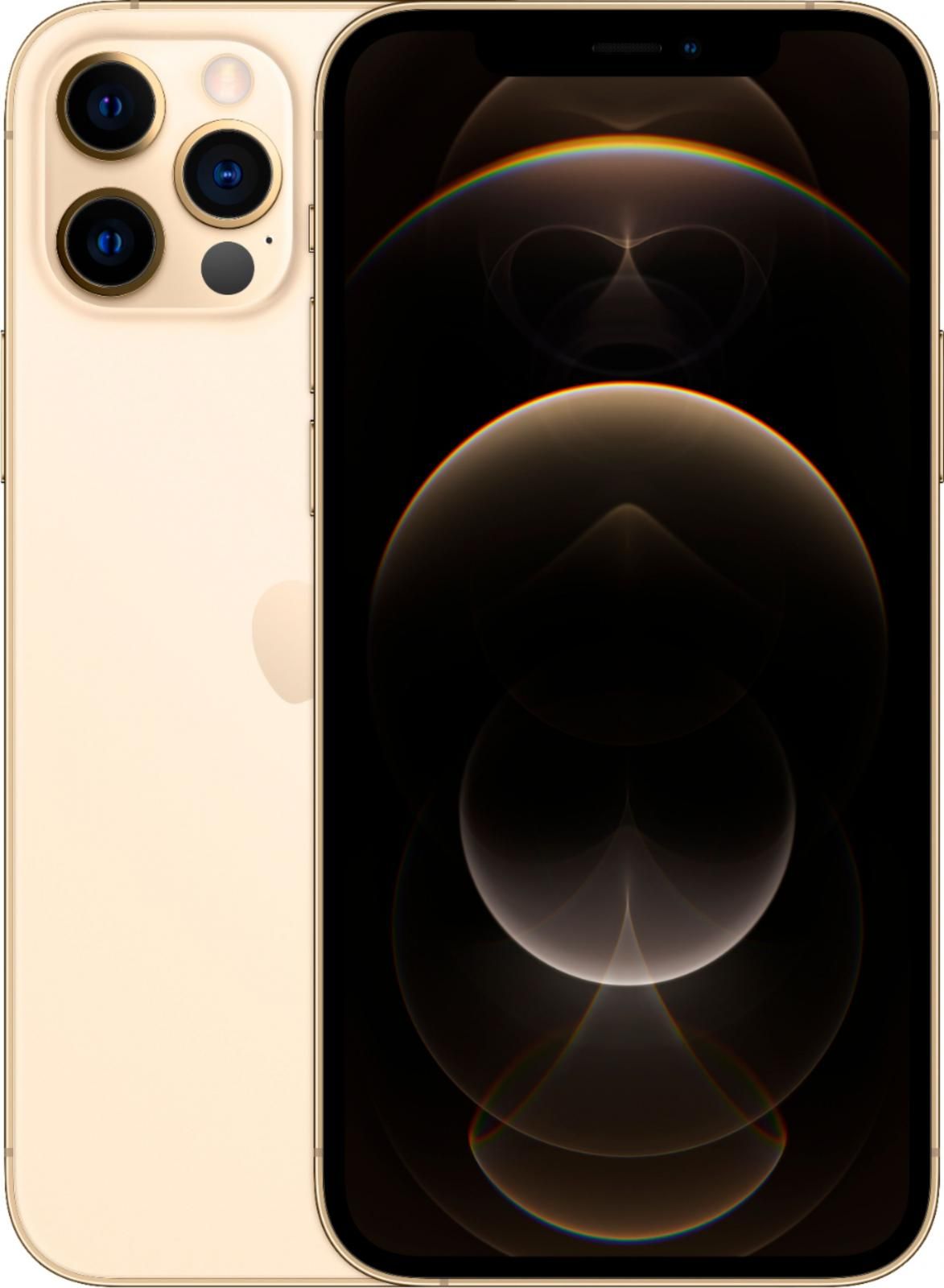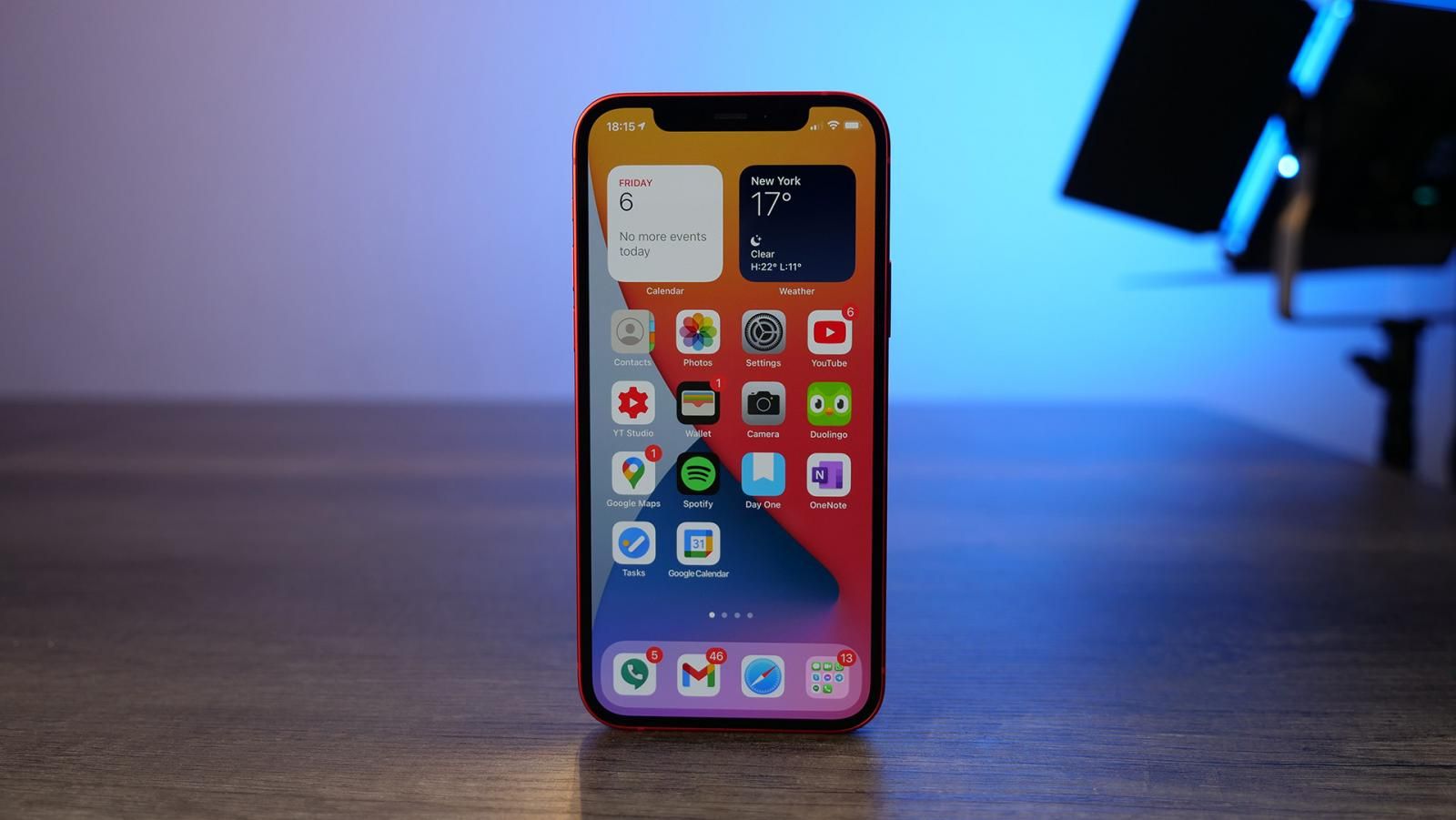Let’s face it, most people buy their iPhone or other mobile device from the carriers directly, mainly because it’s far more simple to pay for it on a monthly basis, and to take advantage of the bundles many of them offer. The question is, which network offers the best and which one actually supports your iPhone, your local area and your needs?
In this guide, we’ll try to help you understand some of the differences between the many existing networks out there. Our list consists of networks that support 5G, and the ones that offer the features your iPhone also supports, so you can take advantage of everything, without any sacrifices.
Do you need 5G?
The iPhone 12 series supports 5G out of the box, so it’s worth taking advantage of the faster speeds, especially if you live in a city that supports the mmWave – it supports gigabit download speeds. If you don’t live in a city that offers it yet, but want to be future proof, it’s still worth keeping an eye out for it.
If your area doesn’t have 5G and you don’t necessarily need it, or you don’t buy into the hype, that’s okay. Most, if not all, carriers support 4G LTE that provide more than enough speed for your daily needs, such as surfing the internet, music streaming, social networking and more.
What carriers support 5G?
Apple lists all of the wireless network providers that support some of its services, so we’ve included a short list of them that support 5G. Note, all of these 5G network providers support 4G LTE as well, as well as FaceTime over Mobile data. Most of them also include personal hotspots, visual voicemail, VoLTE, and Wi-Fi calling. Some will also offer unlocking, and there may be some slight variations on what’s available at each of them, but the majority support everything you might need. If you want to see each network in detail, or perhaps you want to see Canada or a different region altogether, you can find the full list here.
It’s also important to note that the networks that didn’t make it onto this list aren’t necessarily bad, but they almost certainly only offer LTE and often only a handful of services you can take advantage of with an iPhone. Meanwhile, all 5G providers offer most, if not all, of what the iPhone actually supports.
List of networks that support 5G (also support 4G, LTE) in the US:
- Alaska GCI.
- Altice Mobile.
- AT&T.
- Boost Mobile.
- C Spire.
- Consumer Cellular.
- Credo Mobile.
- Cricket.
- Metro (by T-Mobile).
- Mint Mobile.
- Spectrum.
- Sprint (part of T-Mobile).
- T-Mobile.
- Ting.
- TracFone / Straight Talk.
- US Cellular.
- Verizon Wireless.
- Visible.
- Xfinity Mobile.
Which network is best for your iPhone?
You could ideally pick any of the ones from the list above, however it still comes down to which of these offers the best service around your area, the price and what package and bundle suits your needs the best.
Ultimately, it comes down to your local coverage and essential needs. It’s really hard for us to pinpoint which of these networks would be the best for you without knowing what your budget is, your needs in terms of data, calls, and messages, and what your local coverage is like. For the most educated guess, you could go for the biggest network providers, but some smaller ones might offer the same service at half the price, with the same amount of data, calls and messages.

Apple iPhone 12
The iPhone 12 is one of the most powerful iPhones from Apple's lineup that has all the functionality and power as its larger and more expensive Pro siblings.
Before you go ahead and randomly pick one of these networks, make sure to do a little bit of research to discover which of the carriers offer the best package for you. Most of the carrier websites offer a tool that shows what service you can expect from them in your area. Alternatively, there may be a SIM card available to let you test the connection.

Apple iPhone 12 Pro Max
If you're looking for the absolute best, most premium and most powerful iPhone, the iPhone 12 Pro Max checks all the boxes.

